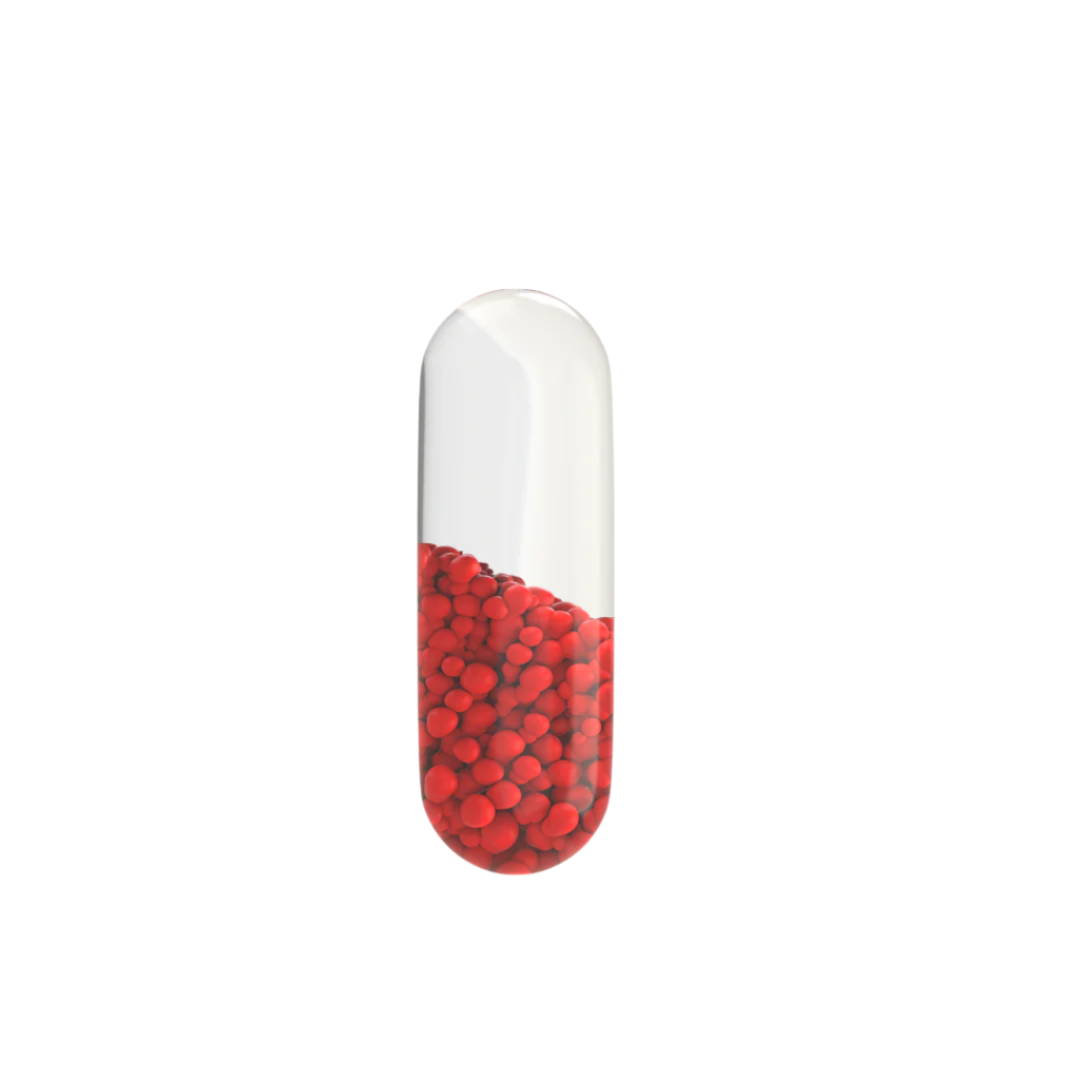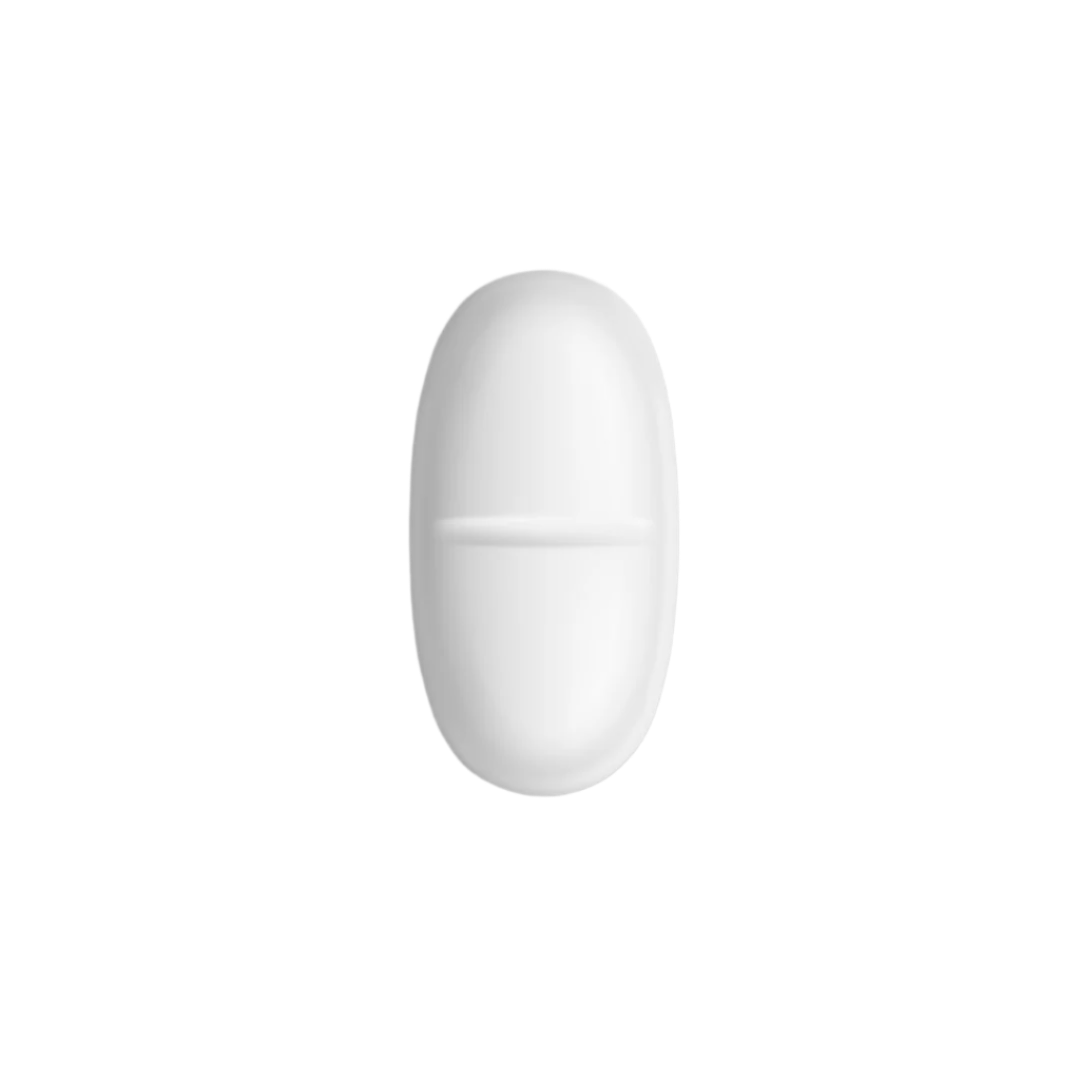Why do I wake up feeling tired?

While it remains open to debate what purpose this phenomenon serves,3 we know that it impacts cognitive performance and can result in serious real-world consequences.4 It’s recommended you wait for sleep inertia to pass before attempting to perform any important or dangerous tasks.5 This, of course, is easier said than done. Many professions rely on shift workers performing safety-critical tasks soon after waking, for example people working in manual handling roles, and in the emergency services.6 Complicating matters is that studies have shown that night-shift workers experience longer periods of sleep inertia, which can last several hours, especially after taking a nap in the early morning.7
It’s therefore important to know what causes this feeling, and what you can do to reduce its impact.
Causes of sleep inertia
Although the exact cause of sleep inertia remains unknown, it can occur as a result of poor sleep or skipping sleep entirely.8 Studies in the physiology of our nervous system and brain point to other possible causes, each of which are explored below.
An increase in delta waves in the posterior region of the brain can contribute to the symptoms of sleep inertia.9 Delta waves are frequently associated with deep sleep (not to be confused with REM or rapid-eye-movement sleep), and upon waking, those regions of the brain with heightened levels of delta waves might take longer to ‘reactivate’.10
The ‘functional connectivity’ between regions of the brain is also linked to sleep inertia.11 If you wake from a deep sleep, then this connectivity might be higher than if you wake from a light sleep, which can result in impaired cognitive function and the other physical effects typically observed during sleep inertia.12
It has been posited that increased levels of adenosine in the brain may contribute to sleep inertia as well.13 Adenosine is a natural compound found in the cells of our body and, in addition to a number of functions, it acts within the brain as an inhibitory neurotransmitter.14 It therefore affects connectivity, and in high levels will prolong feelings of sleepiness.15
A reduced blood flow to the brain might also contribute to sleep inertia.16 Studies found that the blood flow to the brain is lower upon waking than it is before falling asleep.17 Further investigations point to how the prefrontal cortical regions, responsible for mental skills that include memory, flexible thinking and self-control, require 30 minutes upon waking to return to baseline levels.18 This suggests that a lowered blood flow can extend the duration of sleep inertia symptoms.
How to wake up not feeling tired
It’s important to remember that sleep inertia is a natural phenomenon. That being said, there are certain changes you can make to minimise its symptoms. We recommend developing good sleep hygiene by practising the following:
- Make sure you have an ideal sleeping environment. There should be no loud noises disrupting your sleep. The temperature in your bedroom should be neither too high nor too low. Your bedding should be comfortable but not make you overly warm, as sweating reduces the quality of your sleep.19
- Avoid the use of electronic devices for one to two hours before you go to bed. Most computers, phones, tablets and TVs use LEDs, which emit blue light. Studies have found that blue light negatively affects sleep and the circadian rhythm, and suppresses melatonin production.20 The latter point is important as melatonin can help promote sleep.21
- Avoid consuming alcohol, caffeine or other stimulants before bed. Caffeine is known to block adenosine receptors and cause sleep deprivation.22 And alcohol negatively impacts sleep quality, with a study finding participants who had moderate to high amounts of alcohol struggled to get a good night’s sleep.23
- Try to follow a consistent sleep schedule and get enough sleep (for adults, this is between 7 to 9 hours of sleep).24 This, of course, might not be possible for shift workers, but the above techniques will still help mitigate the effects of sleep inertia. It also helps to try scientifically proven sleep supplements.
- Try B・SYNC ON, the delayed-release supplement for sleep inertia that’s designed specifically to help you wake up naturally and with ease. It contains caffeine, Zinc, Vitamin B5 and Vitamin B12, which are all natural ingredients. Though it contains caffeine, it does not hinder sleep as it has a delayed release, and contains only enough caffeine to mitigate sleep inertia immediately upon waking. B・SYNC ON can be used to adjust or reset the body clock when taken daily, and is ideal for shift workers.
In addition to developing good sleep hygiene, it’s worth embracing certain lifestyle changes such as regular exercise and avoiding using the snooze button on your alarm clock for more restful sleep. This topic is explored in greater detail in our piece on How to wake up early.
Sleep disorders
If sleep inertia lasts longer than an hour, or your symptoms persist for extended periods of time no matter your efforts to develop good sleep hygiene, then you might have an undiagnosed sleep disorder.
Insomnia is an example of a common sleep disorder. If you suffer from insomnia, then you struggle to fall asleep and, as a result, experience a host of symptoms the next day including tiredness and difficulty concentrating.25 Insomnia can be both short-term (under 3 months) or long-term (longer than 3 months).26 Causes include stress, anxiety, depression, and shift work.27
Sleep apnoea is a medical condition in which it is difficult to breathe while sleeping.28 Symptoms include gasping for breath, interrupted sleep, headaches, low energy levels and mood swings.29 It occurs if your airways are restricted or too narrow, and is linked to, among others, obesity, smoking, and drinking alcohol.30
There are also sleep movement disorders, such as restless legs syndrome or bruxism. Restless legs syndrome is when the nervous system creates an irresistible urge to shift or move your legs.31 Bruxism is when you grind your teeth in the night. It is often caused by stress or anxiety, and can result in disrupted sleep.32
When to see a doctor
You should see a doctor if you’ve not been able to have a full night of sleep for more than 3 months, or find sleep inertia or lack of sleep is having a detrimental impact on your life, to the point where you are struggling to complete simple everyday tasks.
Sources
- https://www.cdc.gov/niosh/work-hour-training-for-nurses/longhours/mod7/03.html
- https://www.ncbi.nlm.nih.gov/pmc/articles/PMC5337178/
- https://www.ncbi.nlm.nih.gov/pmc/articles/PMC6710480/
- https://www.ncbi.nlm.nih.gov/pmc/articles/PMC6710480/
- https://www.ncbi.nlm.nih.gov/pmc/articles/PMC2904525/
- https://www.ncbi.nlm.nih.gov/pmc/articles/PMC6710480/
- https://www.cdc.gov/niosh/work-hour-training-for-nurses/longhours/mod7/03.html
- https://www.ncbi.nlm.nih.gov/pmc/articles/PMC6710480/
- https://www.ncbi.nlm.nih.gov/pmc/articles/PMC6710480/
- https://www.ncbi.nlm.nih.gov/pmc/articles/PMC6710480/
- https://www.ncbi.nlm.nih.gov/pmc/articles/PMC6710480/
- https://www.ncbi.nlm.nih.gov/pmc/articles/PMC6710480/
- https://academic.oup.com/sleep/article/24/7/813/2750094
- https://www.news-medical.net/health/What-is-Adenosine.aspx
- https://www.news-medical.net/health/What-is-Adenosine.aspx
- https://www.ncbi.nlm.nih.gov/pmc/articles/PMC6710480/
- https://academic.oup.com/sleep/article/17/1/11/2749434
- https://www.ncbi.nlm.nih.gov/pmc/articles/PMC6710480/
- https://www.sciencedirect.com/science/article/abs/pii/S0306456518301335?via%3Dihub
- https://www.ncbi.nlm.nih.gov/pmc/articles/PMC4734149/
- https://www.hopkinsmedicine.org/health/wellness-and-prevention/melatonin-for-sleep-does-it-work
- https://www.ncbi.nlm.nih.gov/pmc/articles/PMC6292246/
- https://pubmed.ncbi.nlm.nih.gov/29549064/
- https://www.sciencedirect.com/science/article/abs/pii/S2352721815000157
- https://www.nhs.uk/conditions/insomnia/
- https://www.nhs.uk/conditions/insomnia/
- https://www.nhs.uk/conditions/insomnia/
- https://www.nhs.uk/conditions/sleep-apnoea/
- https://www.nhs.uk/conditions/sleep-apnoea/
- https://www.nhs.uk/conditions/sleep-apnoea/
- https://www.nhs.uk/conditions/restless-legs-syndrome/
- https://www.nhs.uk/conditions/teeth-grinding/







